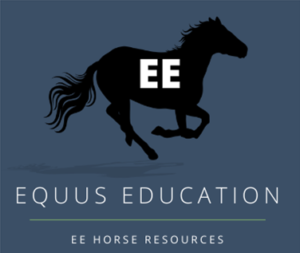I’m stumbling across more and more horse blogs (would you believe I am subscribed to 155 of them on my Googlereader?) and among these am finding a lot of endurance related blogs that point to Easy Boots for the care of their horses feet. Of course this list wouldn’t be complete without the Team Easyboot Blog.
 I got to see these boots in action while in South Africa as the owner of the property I stayed at used them on her endurance horses with great results.
I got to see these boots in action while in South Africa as the owner of the property I stayed at used them on her endurance horses with great results.
At work in Euroa we’ve used such boots to help keep on poultices in mares out in the paddock that were suffering from an abscess at the time. Previously in Wangaratta while out on road rides with my gelding I’ve also seen others out riding with Old Mac boots rather than having a shod horse.
If you have an interest in alternative foot care, then perhaps work in such a company or helping to promote such a product may be the way to go.
If you’re an advocate of the EasyCareInc products, then perhaps you want to look in becoming part of Team EasyBoot. They’re currently accepting applications to join the team, so take a look if you love the product, are interested in trialing new products and advocating what you use and why.
The majority of members are in the US/Canada, then Australia, Europe and South America. Perhaps you could be the first in your area?
“No foot, no horse.”
tag: old mac, endurance, natural hoof care, easyboot
 Keenan’s book refers to the ‘only genetically pure horse left in the wild’, Equus caballus przewalskii that was discovered in Mongolia in the late 19th century.
Keenan’s book refers to the ‘only genetically pure horse left in the wild’, Equus caballus przewalskii that was discovered in Mongolia in the late 19th century. This week teaching the Cert. II class has been focused on the rules of jumping and different types of jumps and it got me thinking about the knowledge behind those that design such courses for competitive events.
This week teaching the Cert. II class has been focused on the rules of jumping and different types of jumps and it got me thinking about the knowledge behind those that design such courses for competitive events.